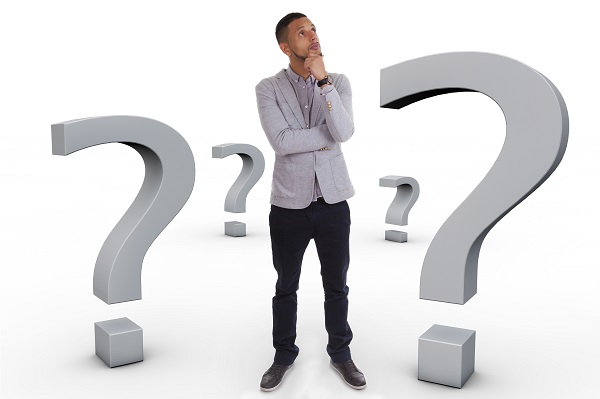One term that arises in every slip and fall case is “premises liability.” Premises liability is a legal concept that describes a property owner’s responsibility to maintain safe conditions on his property. This legal concept applies to all property owners—even landlords. Can a landlord be responsible for slip and fall injuries that occur on his property? In some cases, yes. Here’s what you need to know:
Proving Negligence
Property owners—including landlords—are not automatically responsible for slip and fall injuries. In order to prove liability, you must show that the landlord was negligent, and that his negligence directly led to your injuries.
How did you injure yourself? Identify the hazard that caused you to slip and fall, and then determine how it got there. For instance, let’s say you slipped on a puddle of water inside your home that has formed because of a leak in the roof. Next, ask yourself if the landlord knew about the hazardous condition that caused your injuries. Did the landlord know about the puddle of water on the floor? It’s unlikely, unless he had recently been inside your home. But, did he know your roof was leaking? Tenants typically notify their landlords immediately when the roof is leaking so the landlord can arrange to have it fixed right away. If the landlord knew about the roof, you may be able to argue that he should have known about the hazards the roof would cause, such as a puddle of water inside your home.
Timing will always a play a role in proving negligence. When did you tell your landlord about the leak? If you had just told him a few hours prior to your accident, then the court may find that it’s unreasonable to expect him to have fixed the roof leak so quickly. However, if it has been weeks and he has not made an effort to fix the problem, then this may be considered negligence.
To put it simply, a landlord is negligent when he knows or should have known about a hazardous condition on his property, but does not take action to fix the issue.
Terms of the Lease
If you want to take legal action against your landlord, you should provide your attorney with a copy of your lease. There may something within the lease that could affect your personal injury claim. For instance, if you slip on ice that has accumulated on the walkway up to your front door, you may want to file a claim against your landlord. But, if the lease specifically states that the tenant is responsible for maintaining the outdoor area, then you may not have a claim.
Have you been injured in a slip and fall accident on a rental property? If so, contact the personal injury attorneys at Reisch Law Firm. Proving a landlord is liable can be tricky, but our attorneys have the legal knowledge and experience to handle this challenge. Schedule a free consultation by calling 303-291-0555 or filling out this online form.


